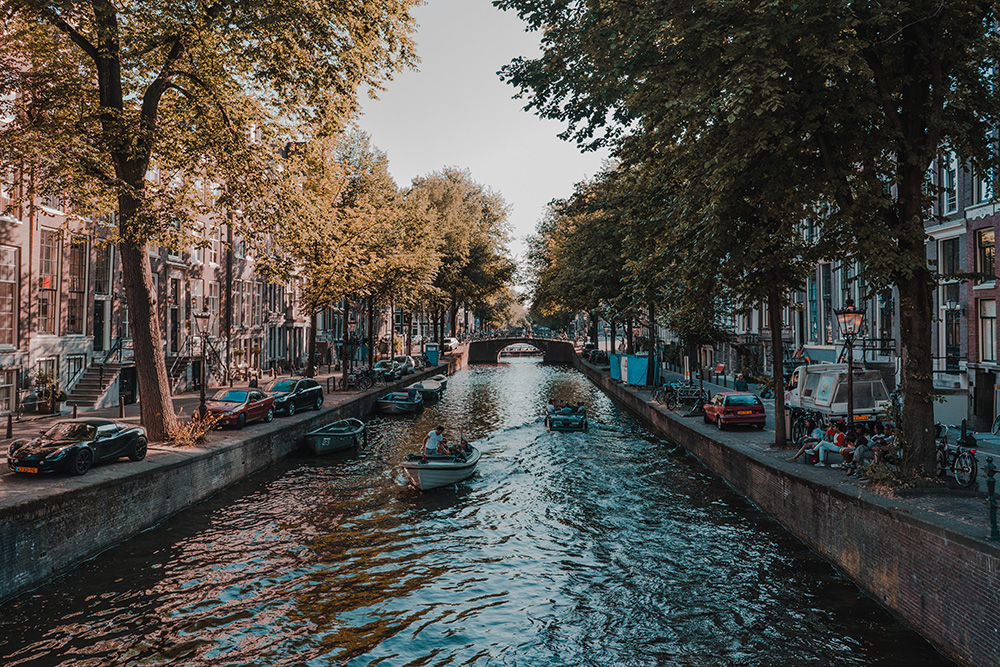
Ambulance officers in South Australia have launched industrial action over a resourcing brawl with the state government.
Key points:
- Patients won’t be charged where ambulances arrive later than medical timeframes
- The ambulance union says staff are overworked and ramping is a chronic problem
- The Government says these issues will not be fixed through more funding alone
Union members have agreed to stop charging patients for certain ambulance trips, starting this afternoon.
The secretary of the Ambulance Employees Association, Phil Palmer, said he believed the action could cost the state government “thousands” of dollars within the first 24 hours alone.
He said patients not seen by an ambulance within medically appropriate timeframes will not be charged.
“If [a patient] gets a priority one in longer than eight minutes, they won’t get a bill,” he said.
“If they get a priority two in longer than 16 minutes, they won’t get a bill . [and] if someone gets a priority three in longer than 30 minutes, they won’t get a bill, and so on.
“We’ll be escalating [the action] over time if we don’t get the outcome we want.
“We don’t bargain we’re fighting for the community’s safety.”
The row bubbled over a week ago, when the Ambulance Employees Association gave the state government a deadline to meet in order to avoid industrial action.
The union is demanding more resources for the state’s ambulance service to help relieve over-worked staff and improve chronic ramping outside public hospital emergency departments.
“Again, last night, lives were significantly at risk because there weren’t enough ambulances to meet the workload,” Mr Palmer said today.
Government says more funding alone isn’t the answer
But the State Government has repeatedly said it does not believe the issues can be resolved through more resources alone.
It wants to re-evaluate how shifts are rostered including using more eight-hour shifts, instead of 12-hour shifts and wants to revise where paramedics take their breaks.
Ambulance officers currently drive to their home station to take breaks, and not the closest SAAS station.
Health Minister Stephen Wade said he would not run the health system or ambulance service “on the basis of industrial ultimatums issued by union bosses”.
“I’d say to the union: we’ve all got a responsibility to deliver the best possible patient care,” Mr Wade said.
“It’s very important that they come to the table to discuss reform.
“We need to make sure that the ambulance service is fit for purpose going forward.”

 Subscribe to The Daily Telegraph to get unrestricted digital access, home paper delivery, Apps for iPad and Android, member only +Rewards and much more…
Subscribe to The Daily Telegraph to get unrestricted digital access, home paper delivery, Apps for iPad and Android, member only +Rewards and much more…  Do you compost or buy second hand?
Do you compost or buy second hand?  The Newsreader review: Exhilirating Australian prestige drama
The Newsreader review: Exhilirating Australian prestige drama  Local shares fell on Friday as investors make last-minute adjustments to their portfolios ahead of the main index’s rebalancing, while unease over rising infections grows.
Local shares fell on Friday as investors make last-minute adjustments to their portfolios ahead of the main index’s rebalancing, while unease over rising infections grows. 


